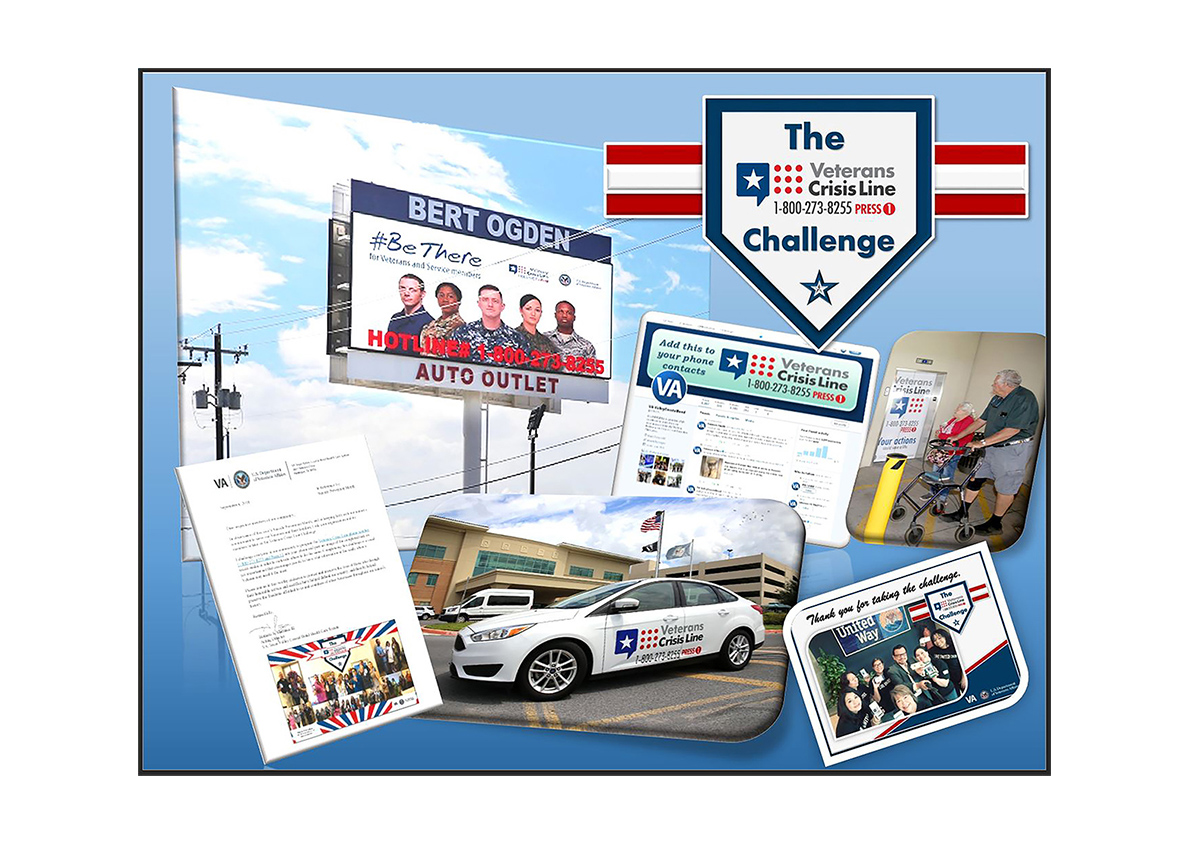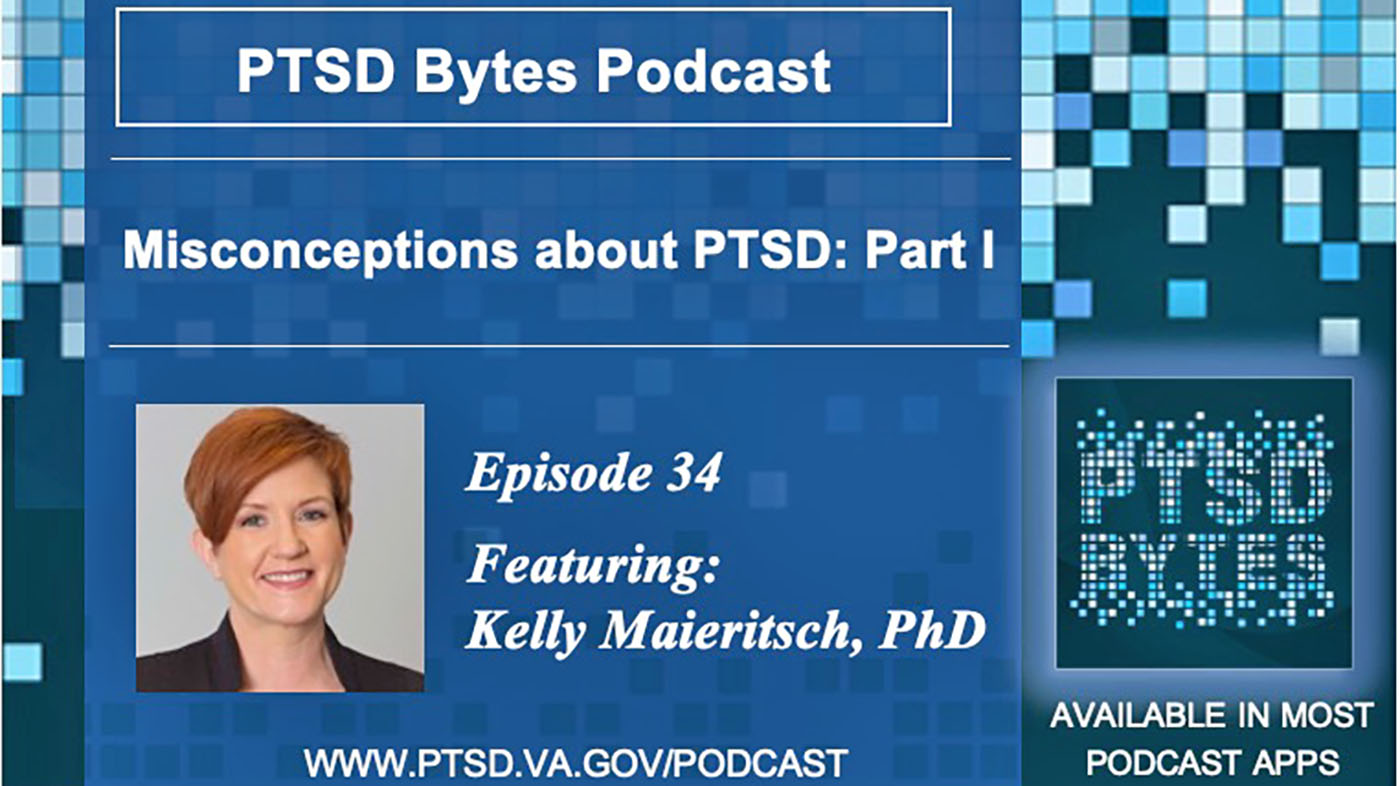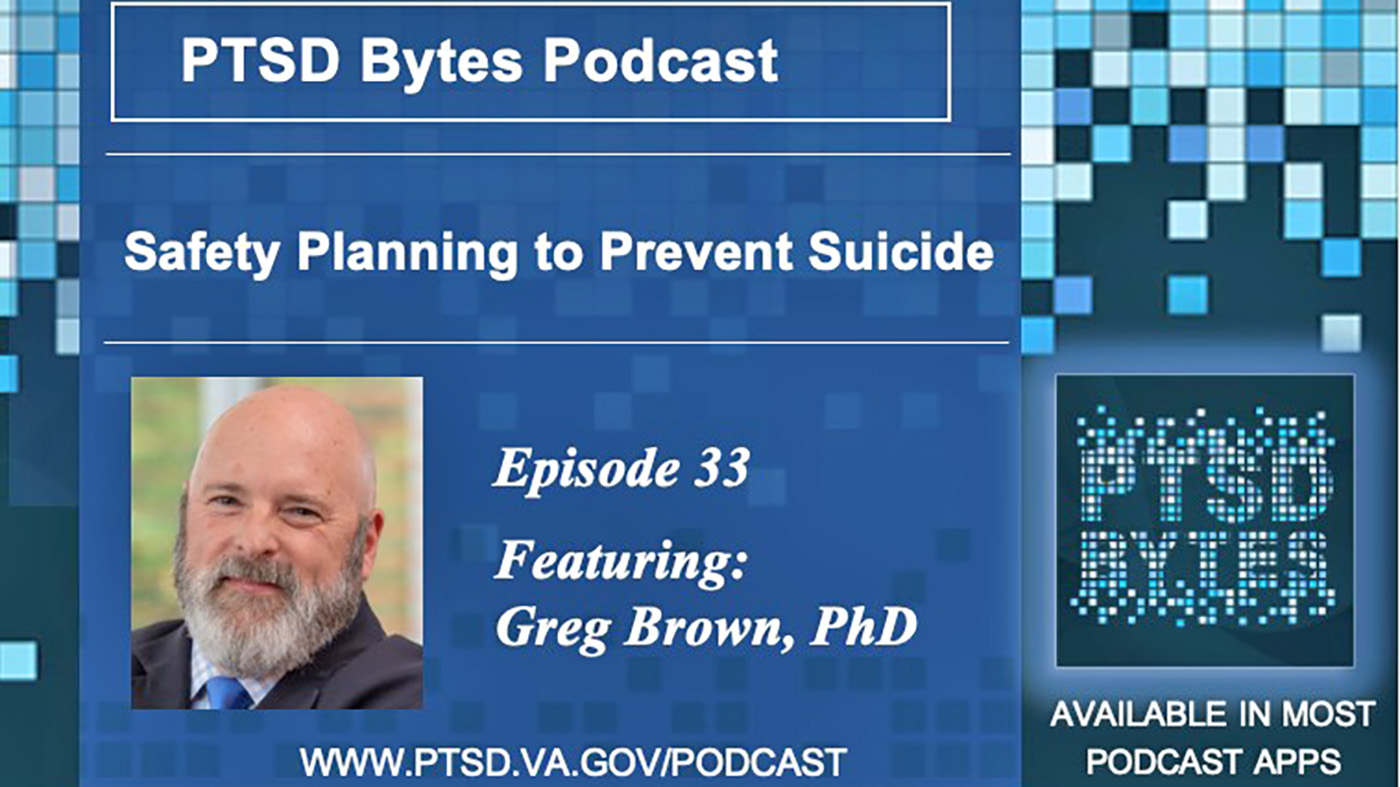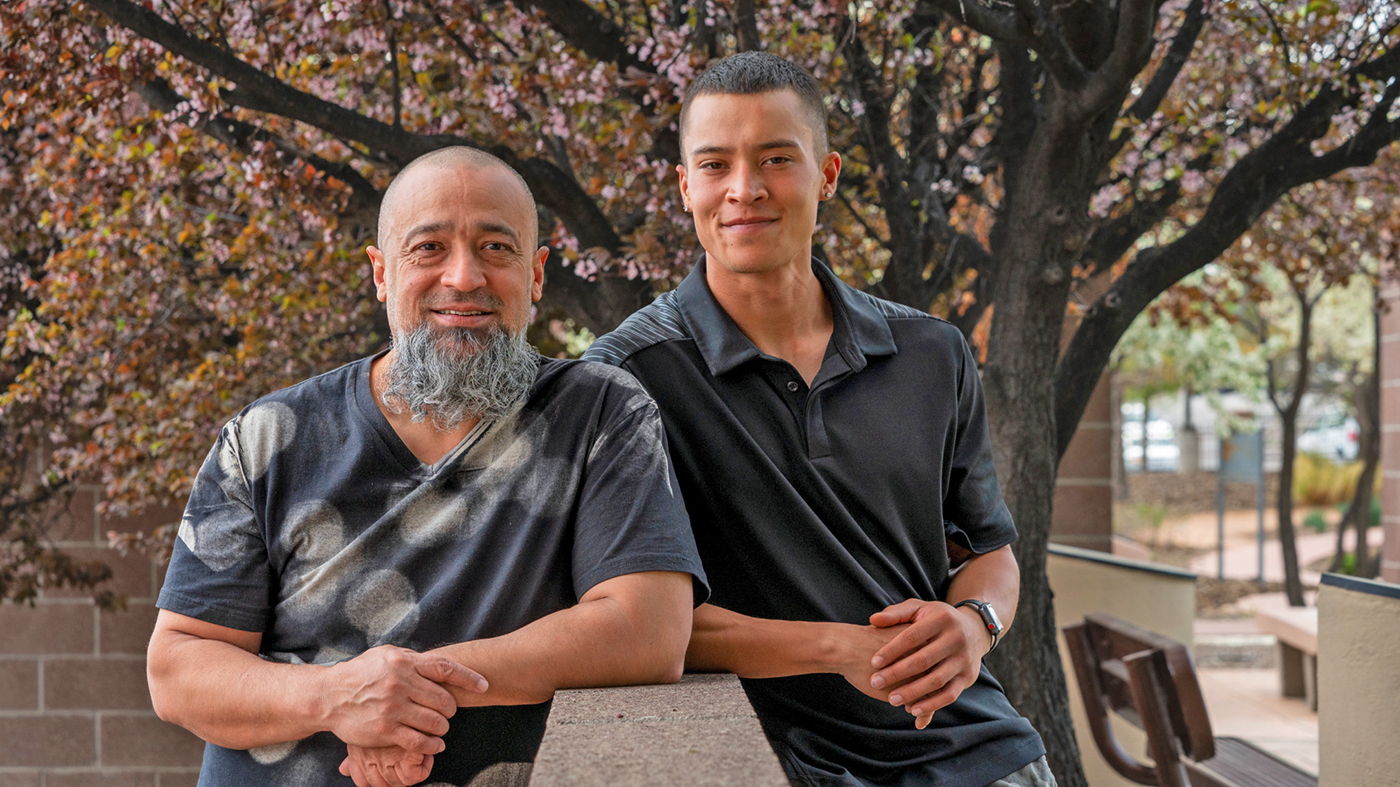HARLINGEN, Texas – September marked the U.S. Department of Veterans Affairs (VA) annual observance of Suicide Prevention Month, and like several medical facilities in the VA the members at VA Texas Valley Costal Bend Health Care System (VCB) helped raise awareness about preventing Veteran suicide by taking some additional, creative approaches to go along with their local Be There campaign.
The Be There campaign highlights the risk factors and warning signs for suicide, provides information about VA mental health and suicide prevention resources, and helps individuals and organizations start the conversation around Veteran mental health in their communities.
“I think VA Secretary Robert Wilkie eloquently stated the essence of this year’s campaign when he said everyone in our community is in a position to make a difference for a Veteran who may be at risk for suicide; however, our team here at VCB felt we needed to come up with creative ways to get that important message out to the community,” said Dr. Jennifer Wood, a VA psychologist and acting deputy chief of staff for the VCB.
In addition to traditional promotional support seen in previous suicide prevention campaigns, such as social media messaging and articles, the health care system began raising awareness by involving senior leaders early on in its outreach efforts.
Homero Martinez III, the acting director for VCB, showed his support by challenging various community leaders and organizations throughout southern Texas to take the Veterans Crisis Line Challenge, which is sometimes referred to as the VCL Challenge.

Senior leaders at VA Texas VAlley Coastal Bend Health Care System (VCB) pose for a group photo with Texas Veterans Commission (TVC) chairman, Eliseo “Al” Cantu, Jr., and representatives from various community, non-profit and county organizations who completed the Veterans Crisis Line Challenge by programming the VCL number to their phones, after attending a special presentation by the TVC that was hosted at the VA Health Care Center at Harlingen, Texas. (U.S. Department of Veterans Affairs photo illustration by Luis H. Loza Gutierrez)
The head of VCB and former Air Force major presented the challenge in the form of an official letter which stated,
“Dear respective members of our community,
In observance of this year’s Suicide Prevention Month, and in keeping faith with our nation’s commitment to serve our Veterans and their families, I ask your organization and it members to take on the Veterans Crisis Line Challenge.
I challenge everyone in our community to program the Veterans Crisis Line phone number [1-800-273-8255 and Press 1] into your phone and post an image of the completed task on social media in order to motivate others to do the same. Completing this challenge is a small yet important act and encourages people to have vital information at ready when a Veteran may need it most.
Please join us in this worthy endeavor to protect and preserve the lives of those who through their honorable service and sacrifice have helped defend our country, and thereby helped preserve the freedoms afforded to us and countless of other Americans throughout our nation’s history.”
Within days different organizations and individuals from the community responded to the director’s challenge.
Among the groups that completed the VCL Challenge were members of the senior executive staff at Doctors Hospital at Renaissance and Harlingen Medical Center, two of the largest private health care systems that routinely serve VA-enrolled Veterans through the VA Community Care Program.
The two medical groups later shared postings with the Veterans Crisis Line number and logo on their social media sites with messages stating they were, “proud to support and preserve the lives of our Veterans and service members by serving as a community partner and promoting the Be There campaign.”
Harlingen Medical Center, went further in helping raise awareness by inviting VA clinical psychologist and suicide prevention coordinator, Dr. Rodolfo Quintana, to be the guest speaker at a Doc Talk Lecture on September 27. The event allowed guests to learn what someone can do to support people in distress and how to connect them to care.
“Thank you to the visitors and organizer for the opportunity to be part of this collaborative effort, which we hope will continue to enhance service delivery and the lives of our Veterans,” said Dr. Quintana.
Thanks to the outreach efforts and collaboration between VA suicide prevention case manager Cecilia Garza-Garcia, and social media coordinator Delma Chavez from Bert Ogden Motors, Inc., the level of awareness about preventing Veterans Suicide and the Be There campaign reached new and unexpected places and heights.
The Rio Grande Valley’s largest automobile dealer group, agreed to run ads promoting the Veterans Crisis Line and Be There campaign on their jumbo electronic signs located by several of their car dealerships in the cities of Mercedes, Mission, and McAllen, Texas. Thanks to Bert Ogden’s cooperation, tens of thousands of motorists that travel on U.S. Highway 281 and Interstate 2 were able to view the ads provided as public service announcements.
Local chapters of non-profit organizations like the United Way also completed the VCL Challenge, and the Veterans of Foreign War, Post 2410, and the American Legion, Post 205, also helped raise awareness by passing VCL koozies to members and guests during gatherings at their respective hall and lounge.
Awareness of the worthwhile campaign began to spread event further when the acting director seized the opportunity to personally invite guests attending a special presentation by the Texas Veterans Commission (TVC) at the VA Health Care Center (HCC), which took place here on September 21.
[carousel ids=”53113, 53112, 52183, 52185, 53111, 53110, 53109, 53107, 53106, 53105, 53104, 53103, 53102″]The would-be participants included state and county leaders such as TVC chairman Eliseo “Al” Cantu, Jr., and representatives from multiple non-profits and members from the Veteran service offices in Hidalgo and Cameron counties.
In addition to the outreach efforts in the community, VCB found other creative ways to raise suicide prevention awareness and promote the use of the Veterans Crisis Line (VCL) by changing the appearance of the elevator doors in the HCC parking garage. They installed vinyl wraps bearing the logo and number of the Veterans Crisis Line, followed by the words, “Your actions could save a life.”
“We strategically chose the parking garage doors because they’re in a high traffic area,” said Nicole Theriot, suicide prevention coordinator for the health care system. “The elevator doors are in a great location, which will provide Veterans and their families with an opportunity to see the information as they make their way to and from the building.”
Theriot explained that the signage will not only serve as information for visitors and employees, but more importantly serve as life-saving tool should a Veteran or their loved ones find themselves in a crisis.
The creative and symbolically uplifting approach did not stop with the elevators, as VCB decided to take the important message on the road, literally.
More than a dozen government owned vehicles now feature decorative decals of the VCL logo and number.
“Although suicide prevention month takes place in September the preservation of our Veterans and service members lives is a mission that continues all-year-round,” said Dr. Wood.
“Every day dozens of our employees travel within the 20 counties we serve in Texas in order to conduct official VA business and deliver care to our Veterans. Leveraging our government vehicles as mobile signage allows us to promote life-saving information (the VCL) to potentially thousands of people each day, in both populated and remote areas. The ability to inform Veterans, family members, and the community at large about the Veteran Crisis Line allows all of us to potentially save a life. It’s our intention that these specially equipped vehicles serve as that sign of hope and reinforce to our Veterans and their families that support is available 24/7/365.”
If someone believes a Veteran in their life may be contemplating suicide, that person is encouraged to call the Veterans Crisis Line at 1-800-273-8255 and Press 1, send a text message to 838255, or chat online. Qualified and compassionate VA responders are on call 24/7/365 to provide guidance on how to connect Veterans with support and help keep them from harm.
Since its launch in 2007, the Veterans Crisis Line has answered more than 3.5 million calls and initiated the dispatch of emergency services to callers in crisis nearly 100,000 times, of which more than 39,000 have been lifesaving rescues. The Veterans Crisis Line anonymous online chat service, added in 2009, has engaged in more than 413,000 chats.
In November 2011, the Veterans Crisis Line introduced a text-messaging service to provide another way for Veterans to connect with confidential, round-the-clock support, and since then has responded to nearly 98,000 texts.
For more information about the Veterans Crisis Line and suicide prevention, refer to the links below.
Veterans Crisis Line (official website)
https://www.veteranscrisisline.net/Default.aspx
Suicide Prevention (vets.gov)
https://www.vets.gov/health-care/health-conditions/mental-health/suicide-prevention/
(Disclaimer: Mentioning of any private business, organizations, or individuals, and the use of any images or logos of thereof is strictly for informational and news purposes. No federal endorsement intended or implied.)
Topics in this story
More Stories
In a two-part series, Dr. Colleen Becket-Davenport discusses some common myths surrounding PTSD with Dr. Kelly Maieritsch.
In this episode of the PTSD Bytes podcast, we speak with with Dr. Greg Brown, Philadelphia VA clinical psychologist, about how safety planning can prevent suicide.
No one’s life is perfect. Even if a Veteran you care about seems fine, check in to make sure they’re OK.






